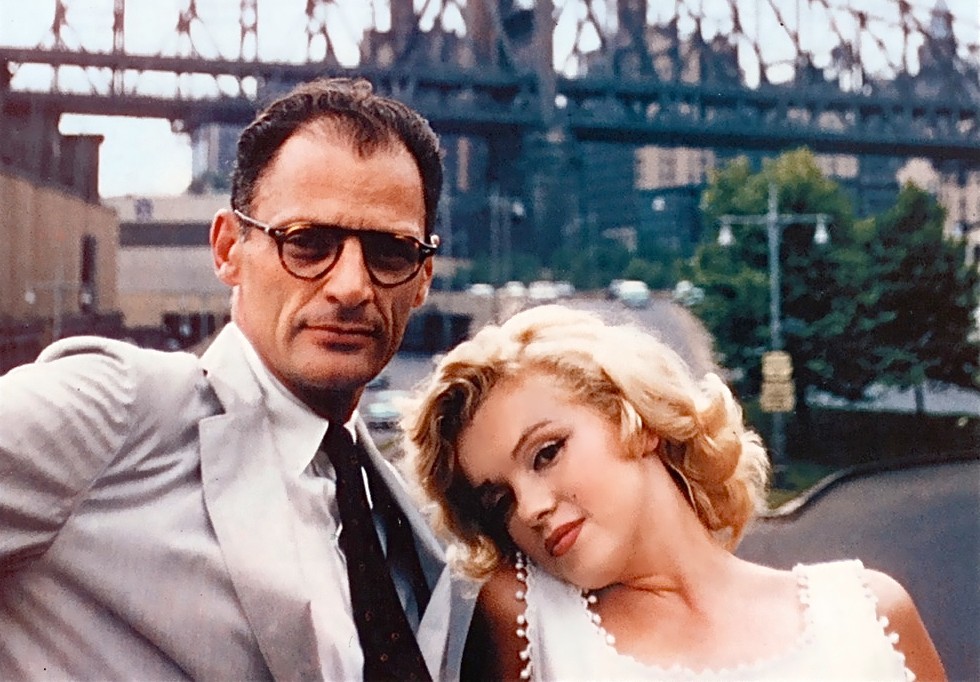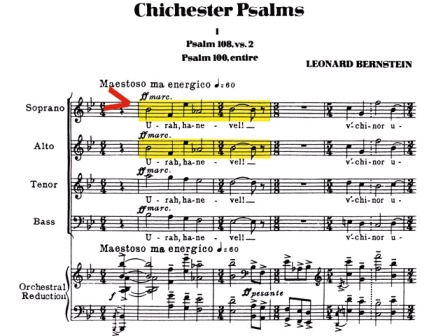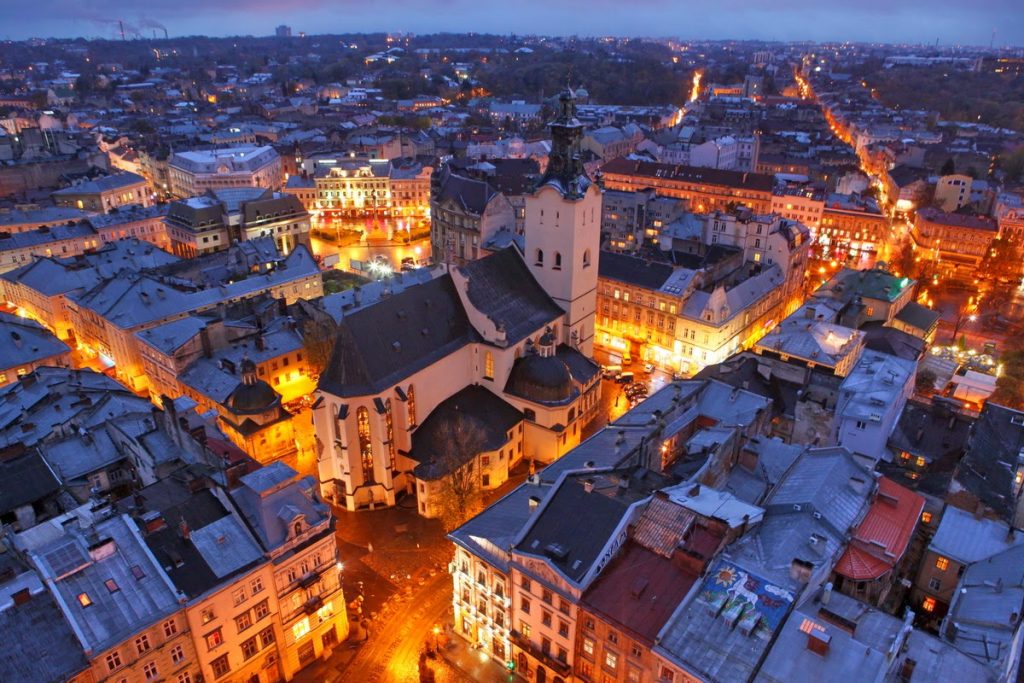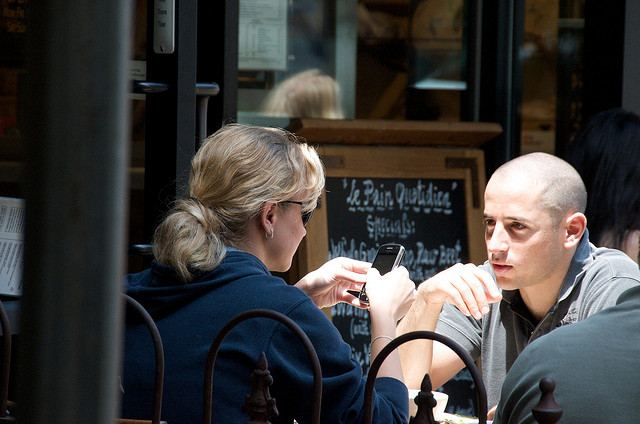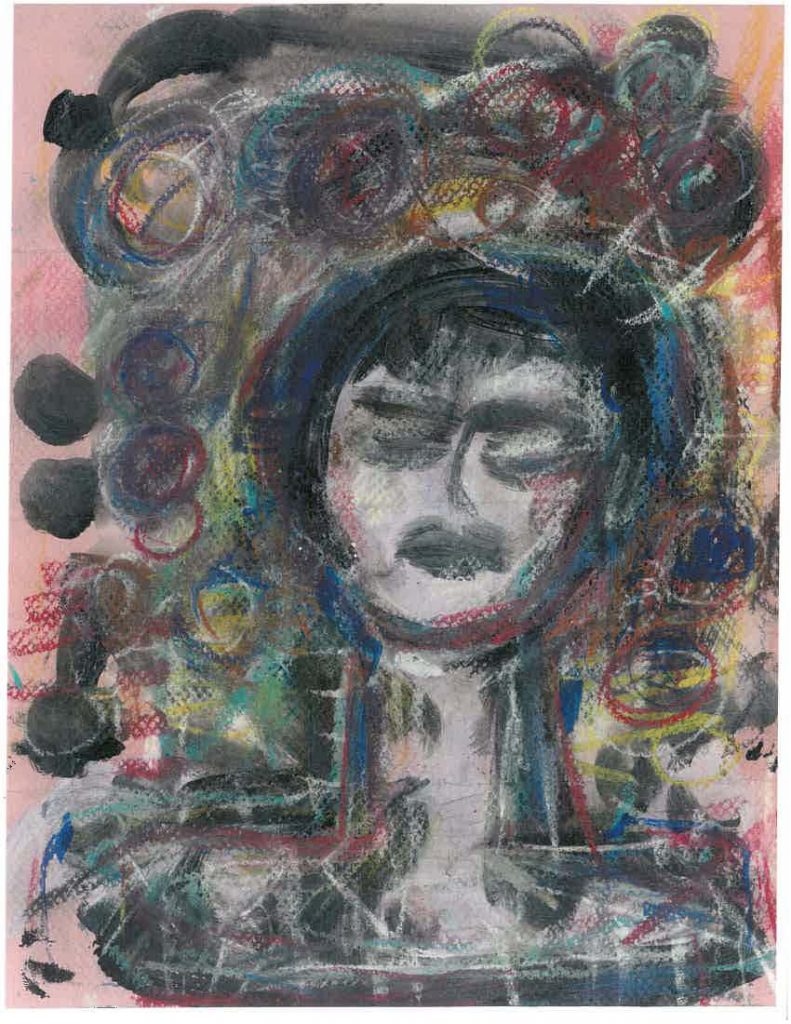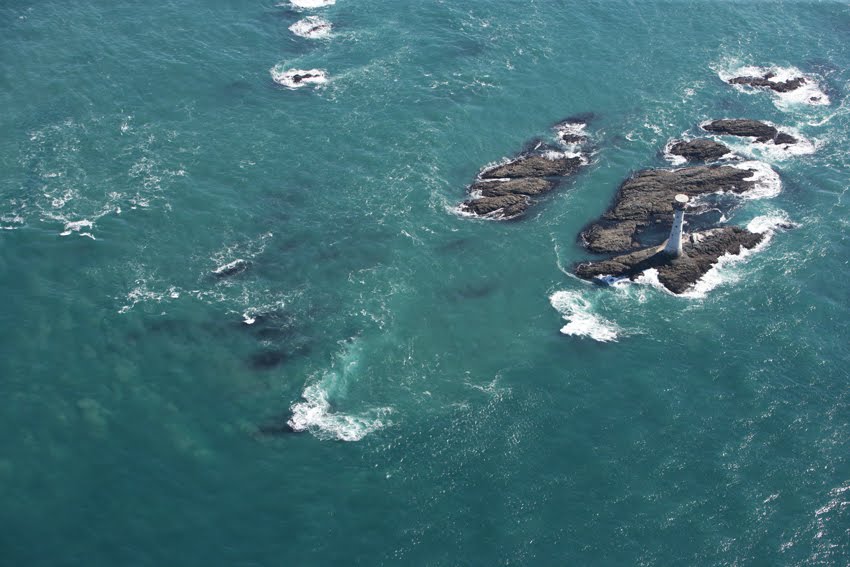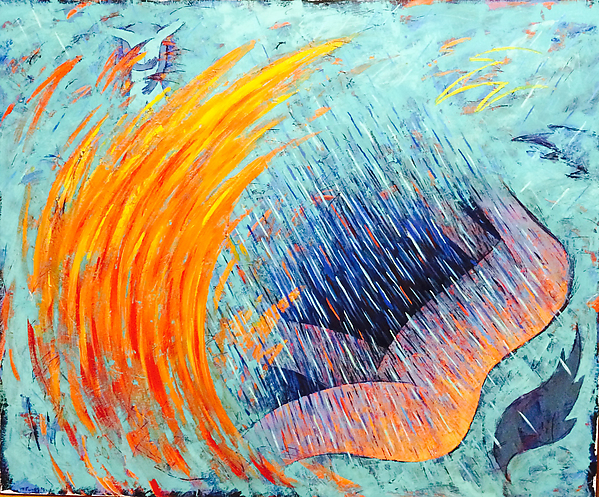“Marilyn and the Literati,” by Jeffrey Meyers
Marilyn was a kind of touchstone for writers. Unsure of her own identity, she identified with others. She was warmly responsive to those who showed an interest in her, and the best authors appreciated her human qualities. The Russian novelist Vladimir Nabokov was as handsome and sophisticated as Nikita Khrushchev was coarse and crude. He met Marilyn at a Hollywood party while he was working on the screenplay of Lolita in the spring of 1960, and examined her as if she were one of his exquisite butterflies. Stacy Schiff wrote that “in Vladimir’s recollection, ‘She was gloriously pretty, all bosom and rose’—and holding the hand of [her current lover] Yves Montand. Monroe took a liking to Vladimir, inviting the [Nabokovs] to a dinner, which they did not attend.
“Marilyn and the Literati,” by Jeffrey Meyers Read More »

